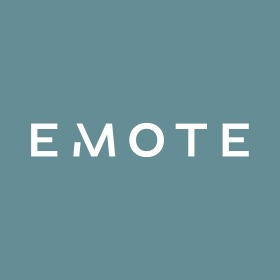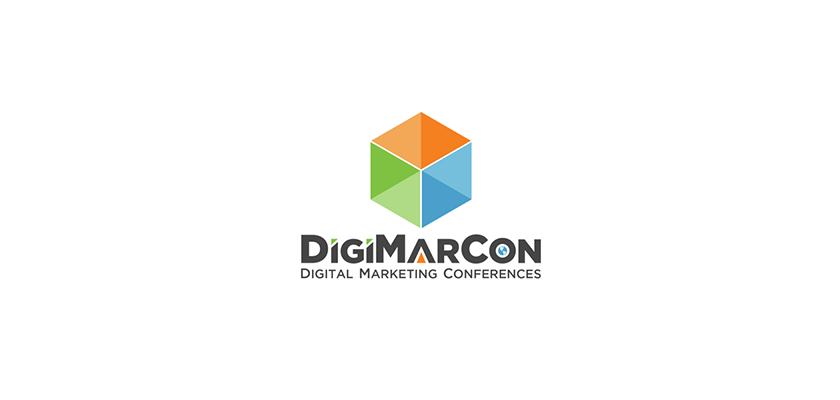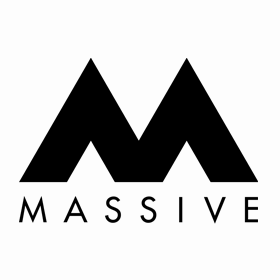
Marketing in a Cookie-less World: Brands, It’s Time to Focus on Personalization
In the evolving digital marketing world in 2024, we’ve seen many shifts within various industries. In fact, 2024 marks a significant turning point for marketers and brands worldwide! The gradual demise of third-party cookies due to growing privacy concerns and regulatory changes has driven the industry into a new era – a cookie-less world.
A cookie-less world demands a massive shift in how brands interact with their audiences, making personalization not just a strategy but a necessity for survival and growth within their industries. There is no more relying on cookies to do the job; marketing will require alternative strategies. At Bold x Collective, we understand the importance of adapting and focusing on modern tactics. That said, we put together a guide to help you understand the shift and how to work through it by using the expertise of our award-winning digital marketing team. Let’s start with an understanding of this shift in the world.
Understanding The Shift
For decades, third-party cookies have been a key priority of digital marketing, giving brands the ability to track user behaviour across the web, deliver targeted advertising, and measure the effectiveness of their campaigns with precision. However, the tide has turned as the digital audience becomes more privacy-conscious. Initiatives like the General Data Protection Regulation (GDPR) in Europe and the California Consumer Privacy Act (CCPA) in the United States, plus browser changes to block third-party cookies, have reshaped digital marketing as a whole.
First-Party Data
In this new reality, first-party data—information directly collected from your audience—becomes essential. Brands are now focusing on building direct, consent-based relationships with their consumers. This shift is not necessarily a requirement but an opportunity to engage with customers more profoundly, which develops trust and loyalty that third-party cookies could never achieve.
We like this approach at our agency for multiple reasons. One of them is that we actually focus more on developing connections. It’s not just about using cookies to track, but rather, being able to build a real and authentic connection. Connection is everything, and to us, it means everything; it results in brand affinity rather than one-time purchases.
Now, let’s get into the specific strategies that we at Bold x Collective use as a part of our methodology for our digital marketing clients.
Strategies for Personalization in a Cookie-less World
Strategy #1: Leverage first-party data by collecting through your website, app, CRM, or other direct interactions that will help you understand your customers’ preferences, behaviours, and needs. With this valuable data, you will be able to tailor experiences, content and offers that will resonate with your audience on a personal level!
Strategy #2: We recommend investing in customer relationship management tools, also known as CRM tools. These tools help you organize, analyze and activate your first-party data. By integrating data from various touchpoints, you can create a unified customer view that informs personalized marketing strategies. Some great examples of CRM tools include Hubspot CRM, Salesforce, Microsoft Dynamics 265, Oracle CX Cloud, SAP Sales Cloud and more.
Strategy #3: It’s time to use contextual advertising! We no longer have cookies to rely on when targeting specific behaviours. But this is a great alternative. By aligning your advertising efforts with the content your audience is consuming, you will be able to achieve relevance and engagement in a privacy-compliant manner.
Strategy #4: Focus on quality content and value exchange. It’s time to incentivize users to share their data by offering something valuable in return. Examples include exclusive content, personalized recommendations, or rewards. High-quality, engaging content draws in visitors and encourages them to opt in for a more personalized experience.
Strategy #5: Use privacy-first personalization technology. Emerging technologies and platforms are enabling personalization without compromising user privacy. Solutions like Unified ID 2.0, server-side tracking, and AI-driven predictive analytics can help you understand and anticipate customer needs without relying on invasive tracking methods.
Looking at the Opportunities
It’s important to understand the trends and really dig deeper into understanding your target audience. As a digital marketing agency already implementing this, we’re happy to see brands doing the same.
Here are some examples:
First, we’ve seen online retailers revamping their loyalty programs. Loyalty programs are an excellent alternative to using cookies because of their personalization abilities. Loyalty programs offer personalized shopping experiences based on purchase history and preferences, which can significantly increase customer retention and lifetime value. We’ve started implementing this for e-commerce and D2C brands we work with.
Another shift is that we see media companies using contextual targeting to place ads across their networks, which results in higher engagement rates and ad performance without invading user privacy. This is advertising done right with a non-invasive approach.
Third, we have so many innovative beauty brands! There are some that have developed apps that use augmented reality (AR) to offer personalized makeup recommendations. This is great because it is personal, as the user can envision the beauty product on them, which will drive sales and customer satisfaction. We all love a unique and interactive experience!
What Will the Future Look Like in the Future of Marketing?
Now, the cookie-less world is going to bring forth challenges this year – some brands are already seeing them. However, as a business, it is up to you to learn and adapt. Produce a method that is going to help you navigate this digital marketing shift into a more personalized approach.
If you are struggling to implement these changes, work with a digital marketing agency that understands it.
At Bold x Collective, we have developed and implemented our very own methodology to navigate these changes. We take time to study human psychology and understand the target audiences of our clientele to provide them with tailored content. This tailored content helps drive brand awareness and conversions.
And, of course, there is no one-size-fits-all approach! We like to personalize solutions for each and every one of our clients. Contact Bold x Collective – we can’t wait to level up your brand!























